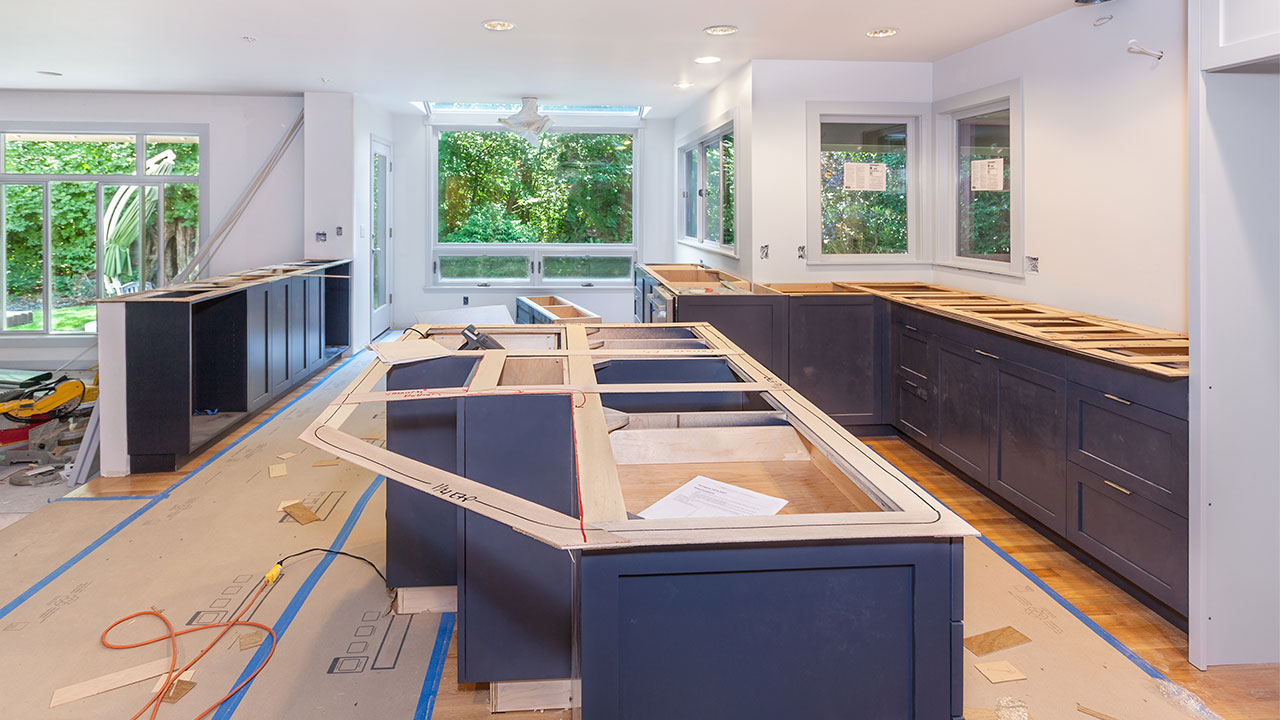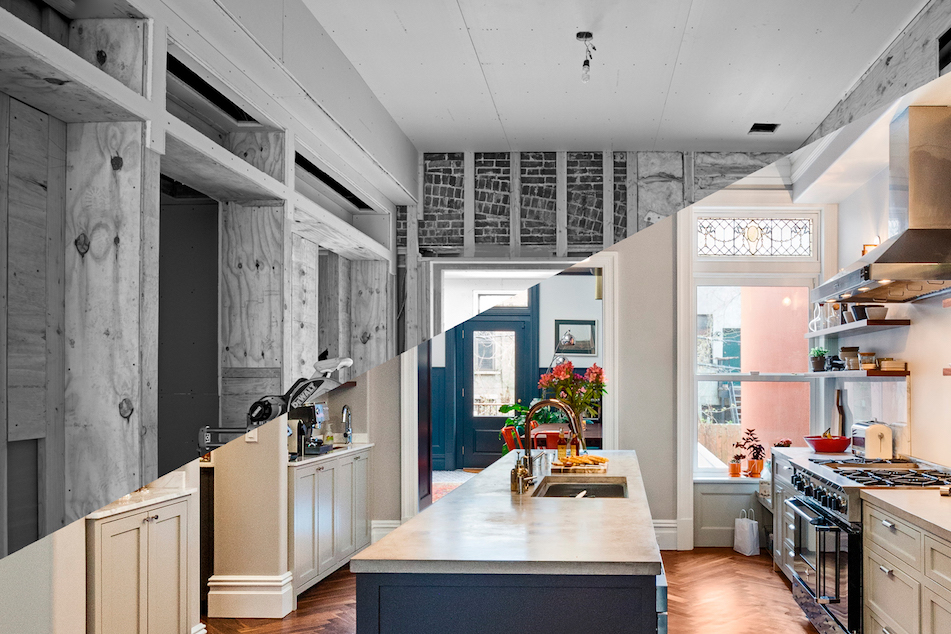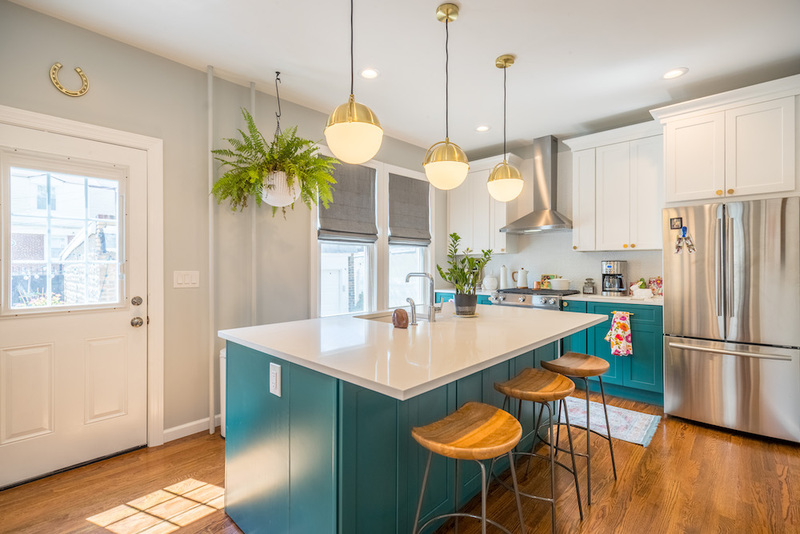It can seem pretty daunting to knock down and rebuild a house, but that first impression shouldn’t prevent you from considering that option. Maybe you’ve run the numbers and came to the conclusion that renovating is a cheaper option, but you need to be aware that the renovating process can contain some unexpected situations. In the end, the cost of major residential renovation might be almost the same as building from the ground up. Either approach is not a small investment and therefore making the right decision is not easy, so we’ve prepared some things you should consider before picking up that sledgehammer.
Customization vs Special Characteristics

The first step is to know precisely what changes you wish to make. If there’s a lot of structural ones going towards an extensive renovation, starting from scratch usually comes out cheaper. If you’re still not certain at the point where you need to secure the budget, go for a construction loan which can be used either for major structural changes or building a new home. Since the funds will be given in installments you’ll be required to pay interest only on the amount you’ve drawn.
The benefit of knocking everything down and rebuilding lies in complete customization – you’ll be able to come up with a design which matches your lifestyle perfectly. And you won’t need to design from scratch since customizable base plans allow you to tailor your new home to your needs without much experience.
On the other hand, you should consider the age of your home which may hold some special characteristics. If it has decorative ceilings or beautiful timber floors, renovating might be a better idea – high-quality workmanship and historical charm can rarely be found in modern homes. This way you’ll preserve its unique aspects and make it stand out from all the other homes on the block. Of course, there are some issues such as structural soundness, electrical systems which haven’t been upgraded in decades, and problems with plumbing which may not be worth the effort.
Future Costs

You shouldn’t be thinking only about the immediate costs of rebuilding/renovation, but also how they will play out in the future. Rebuilding will make your new home much easier to maintain, it will be less susceptible to termites and construction warranty will provide you with peace of mind. Furthermore, going green is more than a trend – it offers energy efficiency which is much easier to achieve with new construction. You’ll be able to achieve energy efficiency with the renovation of an older home in the form of environmentally friendly appliances, new doors, and windows, etc. but only to some point. Major changes such as the installation of solar panels are simply not possible on older and smaller roofs, for example.
Pay Attention to the Footprint
First of all, you should be aware that it’s much simpler (and cheaper) to knock down and rebuild on a flat block than on a sloping one. Furthermore, any expansion might include dealing with troublesome vegetation and boundary setbacks. And once you deal with terrain issues you need to deal with legal ones in the form of zoning laws. If you’re going for a renovation within the current footprint there shouldn’t be any problems, but if you’re planning some expansion it could interfere with these laws. That’s why it’s important to check with your local government and receive permission for the project already in the designing phase. This doesn’t strictly apply to a rebuild – your old home could be heritage-listed which can seriously affect your renovation plans.
Avoid Overcapitalization

Sometimes knocking down and rebuilding may put you at the risk of overcapitalization, meaning that the cost of it will outweigh the market value it adds on your home. This could happen in poorly performing suburbs, so rebuilding is a much better strategy in areas close to the city, bay, or beach where vacant land is scarce and sought-after. If you’re not sure about this risk you should seek advice from local real estate agents who have better knowledge of the local market.
This should be your homework before reaching the final decision. You need to compare the issues with special characteristics, see how much you can customize, think about future costs, consider the terrain and zoning laws, and inform yourself about the local market. Put your thinking cap on, roll up your sleeves and start turning that dream into a reality.